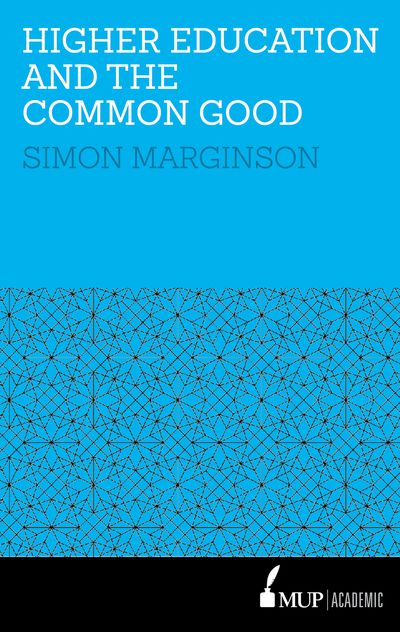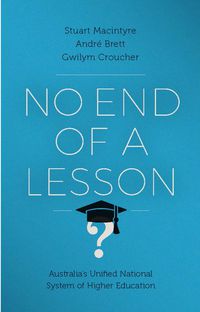Higher Education and the Common Good
Higher Education and the Common Good
In the last half century higher education has moved from the fringe to the centre of society and accumulated a long list of functions. In the English-speaking world, Europe and much of East Asia more than two thirds of all school students enter tertiary education. Bulging at the seams, universities are meant to be fountains of new knowledge, engines of prosperity and innovation, drivers of regional growth, skilled migration and global competitiveness, and makers of equality of opportunity. Yet universities cannot drive prosperity on their own and they can do little to stop rising income inequality, which is shaped by taxation policy and income determination in the workplace. Worse, the growing emphasis on the private benefits of higher education, without regard for its public benefits, has positioned the higher education sector as elite forming, as a maker of social inequality rather than a corrective to it.
In the English-speaking countries…
In the last half century higher education has moved from the fringe to the centre of society and accumulated a long list of functions. In the English-speaking world, Europe and much of East Asia more than two thirds of all school students enter tertiary education. Bulging at the seams, universities are meant to be fountains of new knowledge, engines of prosperity and innovation, drivers of regional growth, skilled migration and global competitiveness, and makers of equality of opportunity. Yet universities cannot drive prosperity on their own and they can do little to stop rising income inequality, which is shaped by taxation policy and income determination in the workplace. Worse, the growing emphasis on the private benefits of higher education, without regard for its public benefits, has positioned the higher education sector as elite forming, as a maker of social inequality rather than a corrective to it.
In the English-speaking countries, in which government sees itself as servant of high capitalism, official policy models higher education as a market and has narrowed its purpose to the enhancement of individual earnings and employability, partly to justify the ever-rising tuition fees. Higher education systems have become intensely competitive and increasingly stratified, with value concentrated at the top. In this quasi-aristocratic economics of education, mass institutions are losing social value and the collective public benefits of universities are unmonitored, underfunded and ignored. In short, governments expect both too much and too little of higher education, and its contribution to the common good is being eroded. Yet this sector can play a key role in rebuilding social solidarity and mobility in fractured societies.



